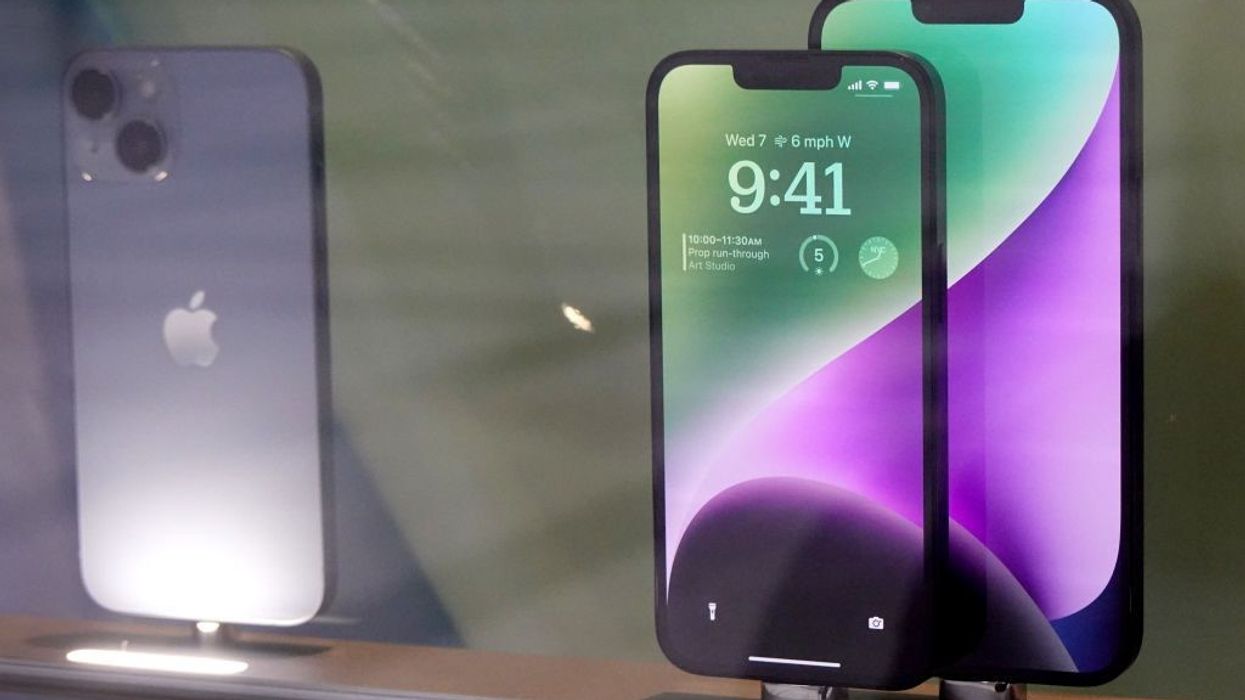Apple Inc on Wednesday (5) revealed the look of its first retail store in India, as several people tried to catch a glimpse outside the store's black and yellow artwork patterned after Mumbai's iconic taxis.
The store is still in barricades and is likely to open this month, a person familiar with the matter said.
India has become a big market for the Cupertino, California-based company, which launched an online retail store in the world's second-largest smartphone market in 2020.
Still, due to its high prices, Apple has only a three per cent share of India's smartphone market.
Apple has previously faced hurdles in opening physical retail stores in the country, with 2021 launch plans delayed because of the Covid-19 pandemic.
Apple products, however, have been sold in India for years on e-commerce platforms such as Amazon and Walmart's Flipkart, as well as through resellers.
India is also increasingly becoming a manufacturing base, with some Apple products, including iPhones, assembled in the country by Taiwanese contract electronics manufacturers Foxconn and Wistron Corp. Apple also plans to assemble iPads and AirPods in India.
The first retail store is located in the premier Reliance Jio World Drive mall, home to various luxury clothing and jewellery brands like Michael Kors, Kate Spade and Swarovski.
The brightly-lit store was "inspired by the iconic Kaali Peeli taxi art unique to Mumbai," Apple said in a statement, referring to the city's decades-old yellow and black taxis.
People were taking selfies and recording videos on their smartphones outside the store on Wednesday evening, with the Apple logo decked out in a variety of colours and a version of the classic Apple greeting showing "Hello Mumbai".
(Reuters)
Apple says 'Hello Mumbai' at first India store launch
The company has previously faced hurdles in opening physical retail stores in the country, with 2021 launch plans delayed because of the Covid-19 pandemic




